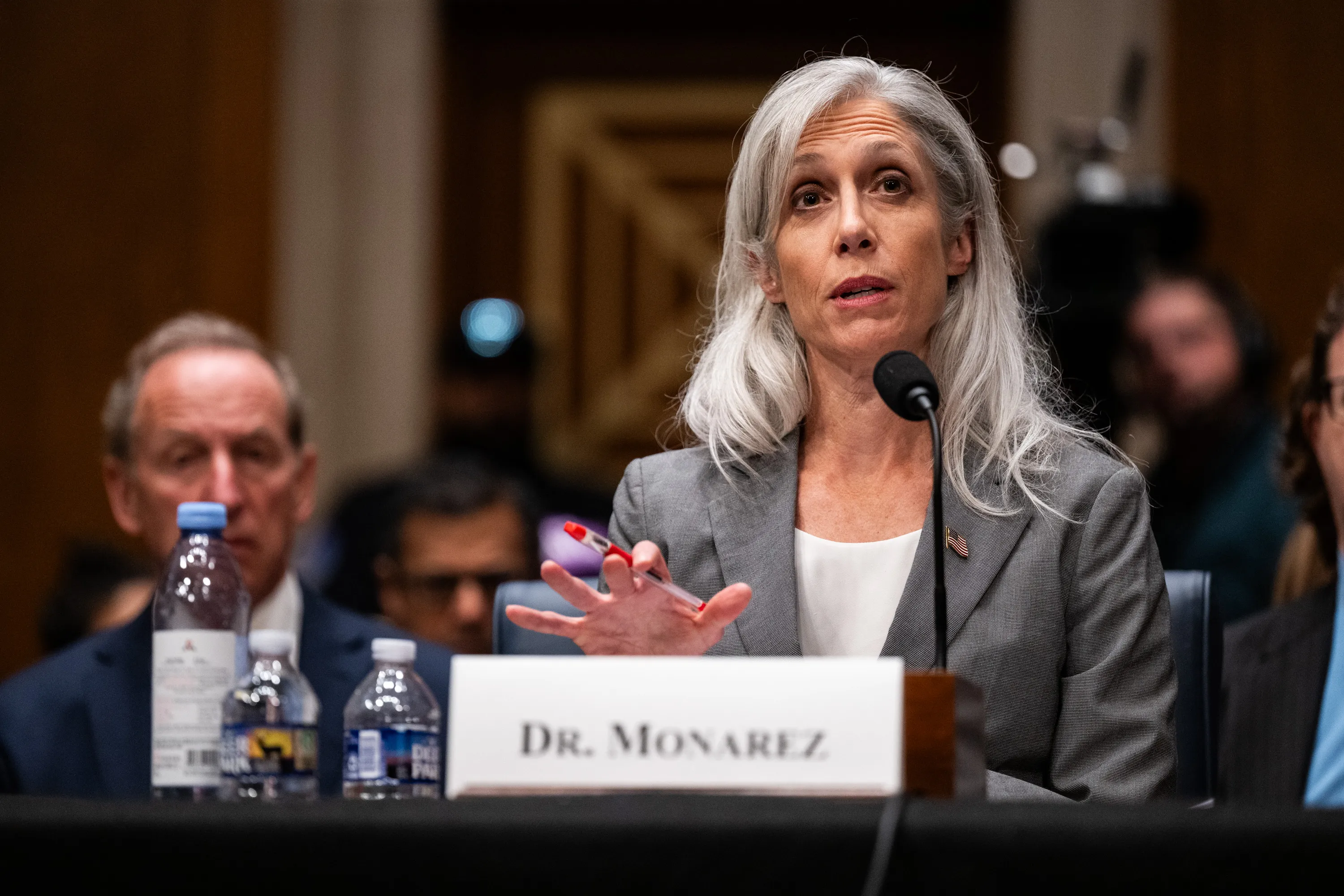By Eliot Wilson
Copyright cityam

Andy Burnham has made a bold threat to Keir Starmer, but could he actually unseat the Prime Minister? Eliot Wilson takes a look
It is hard to think of a premiership which has moved as quickly as Sir Keir Starmer’s from overwhelming electoral success to almost daily blows. Just 15 months ago, Labour won a majority in the House of Commons of 172, the fourth largest a single party has ever achieved, rubbing shoulders with Tony Blair’s greatest triumphs.
Now the Prime Minister’s personal favourability rating is -50, and more than two-thirds of voters disapprove of the government’s record. Reform UK has topped every survey since April, and some polls suggest you could throw a blanket over Labour, the Conservatives and the Liberal Democrats for a distant second place. If Starmer’s unpopularity is not a record – hardly setting the bar high – there has rarely been a decline so steep.
Trouble at party conference
Yesterday the Labour Party’s annual conference began in Liverpool. Starmer loyalists have billed this as a chance to draw a line and focus on the way ahead; clearly declaring “phase two” of the government at the beginning of September did not work, followed as it was by the resignation of deputy prime minister Angela Rayner and the recall of Britain’s ambassador to Washington, Lord Mandelson.
The mayor of Greater Manchester, Andy Burnham, provided a comedic interlude. In an interview with The New Statesman, the “King of the North” criticised “a very factional and quite divisive running of the Labour Party”; then, with a breathtaking lack of self-awareness, he issued a challenge:“I’m going to put the question back to people at Labour conference: are we up for that wholesale change? Because I think that’s what the country needs.”
Labour has been in power for more than a year, yet Burnham says openly that “wholesale change” is needed, and that Labour MPs have been asking him to challenge for the party leadership. Clearly, he did not tell them it was out of the question and that they should rally behind the Prime Minister. Instead, he said it was “more a decision for those people than it is for me”.
When Civil War hero General William Tecumseh Sherman was pressed to be the Republican candidate in the 1884 presidential election, his response was unambiguous: “I will not accept if nominated and will not serve if elected”. Burnham would have asked for some polling.
The danger to the Prime Minister from Andy Burnham is not immediate. The Labour Party has no tradition of regicide. It has not forced a leader decisively from office since J.R. Clynes in 1922, and the fact that any challenger must be an MP places several obstacles in Burnham’s way. Nor would Wes Streeting, Angela Rayner, Shabana Mahmood and others necessarily clear a path for the mayor. The fact that a leadership challenge is even contemplated, however, shows how precarious Starmer’s position is.
Burnham isn’t Starmer’s biggest problem
The Prime Minister is beset by other problems. His chief of staff, Morgan McSweeney, is accused of misleading the Electoral Commission about donations totalling £739,492 to Labour Together, the centrist think-tank of which he was formerly director. There are many within and beyond the Labour Party who would rejoice at McSweeney’s fall, and his fate is rapidly becoming a proxy for that of Starmer himself.
Starmer must also endure with gritted teeth the election of a new Labour deputy leader to replace Rayner. The result will be announced on 25 October: Lucy Powell, sacked from the cabinet earlier this month, is seen as a soft-left outrider for Burnham; the other candidate, education secretary Bridget Phillipson, has accused Downing Street of sexist briefings against her and has hinted at issues she would approach differently, like scrapping the two-child benefit cap. No-one has seen conspicuous loyalty to the leadership as a vote-winning strategy.
Meanwhile Downing Street keeps losing key personnel. Head of strategy Paul Ovenden was forced to resign after offensive text messages about Diane Abbott dating from 2017 were disclosed. The Prime Minister’s official spokesman, David Pares, has been poached by HM Treasury for a new role as director of communications, his task being to “sell” chancellor of the Exchequer Rachel Reeves’s forthcoming Budget. Last Thursday, director of operational communications Steph Driver, at Starmer’s side for more than five years, decided to step down.
It used to be difficult to unseat a Prime Minister between elections. Margaret Thatcher, David Lloyd George and H.H. Asquith were virtually the only victims between the high Victorian age and the 2010s. The Conservatives changed all that after Brexit, but for Labour it is still terra incognita.
Sir Keir Starmer finds himself in the vulnerable position of mishaps and setbacks becoming routine. Last week was a bad one, but so was the one before that, and the one before that. Inevitably people start to ask whether his fortunes can ever improve, and it is not clear that they can. It seems incredible, but his departure may now be a matter of time.
Eliot Wilson is a writer, commentator and contributing editor at Defence On The Brink



